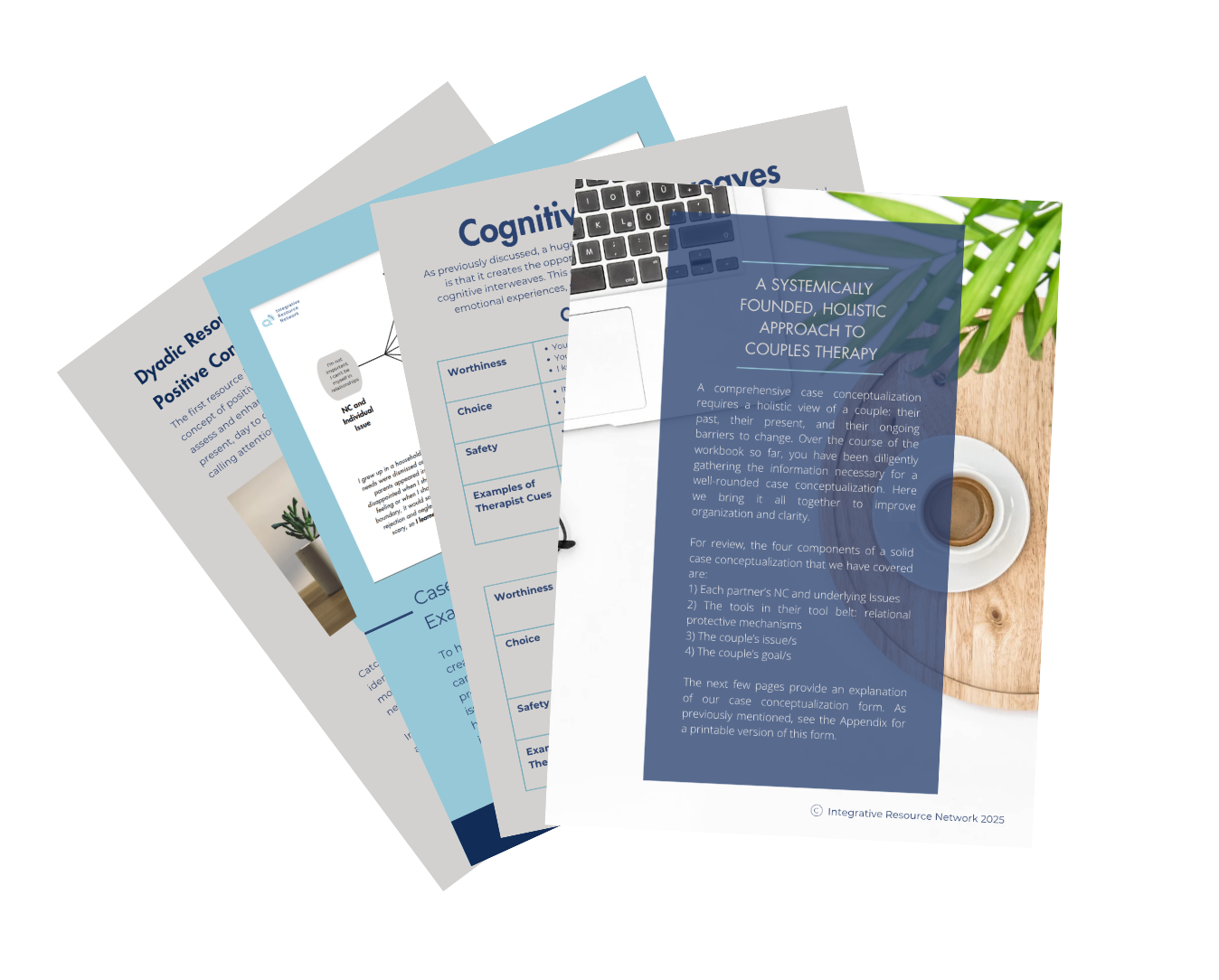From Isolation to Collaboration: Why Consultation Matters
Jul 08, 2025
As therapists, we are trained to hold space for others, to witness pain, promote healing, and offer insight. But in the midst of this important work, it can be easy to forget that we, too, need support, collaboration, and connection. One of the most important tools available to us as clinicians at all stages of our careers is consultation, yet many of us struggle to find or make time for consultation after supervision is no longer required.
Don’t Practice in a Bubble
Therapy is inherently relational, and yet, the work itself can become isolating. Without regular opportunities for feedback, we may begin to default to familiar approaches or miss important clinical cues. Consultation can disrupt this! It invites us out of our own internal echo chamber and into meaningful dialogue with other professionals who can offer fresh perspectives, challenge our assumptions, and help us stay grounded in ethical, effective care.
No matter how experienced you are, there are always blind spots. Consulting with peers or mentors keeps your work dynamic and responsive. It also models the very values we hope to instill in our clients: humility, curiosity, and the courage to ask for help. I primarily treat complex developmental trauma using experiential models like EMDR, IFS, and somatics, but recently found myself needing to use more skills based work with a few clients. I was lucky enough to find a DBT expert and book a consultation session with her pretty quickly and I can't wait!
Expand Your Clinical Lens
One of the greatest benefits of consultation is the way it expands our clinical knowledge and sharpens our skills. By engaging with other therapists—especially those who come from different backgrounds or specialize in different modalities—we gain access to new frameworks, techniques, and cultural perspectives.
This kind of ongoing learning is essential if you want to work effectively with a wide range of clients. Whether you’re navigating complex trauma, identity exploration, systemic issues, or high-conflict couples work, consultation can provide specific, nuanced guidance that deepens your confidence and competence.
And let’s face it: the mental health field is constantly evolving. Staying current isn’t just about reading journal articles—it’s about talking through the real-life application of concepts with colleagues who are in the trenches with you.
Reduce Burnout and Increase Resilience
Clinical work can be emotionally taxing. When you hold other people’s pain week after week, especially during more challenging or uncertain times like these, it’s not uncommon to feel overwhelmed, stuck, or emotionally drained. Consultation offers a space to process your own reactions, reduce compassion fatigue, and reconnect with why you do this work in the first place.
Consultation also reinforces that you’re not alone. Regular consultation can be a powerful antidote to burnout, offering both emotional support and professional guidance when you’re feeling depleted or unsure.
Strengthen Your Professional Community
Consultation isn't just about case discussion—it’s about community. In a field where solo practice is increasingly common, it’s important to maintain connection with others who share your commitment to growth and healing. Whether it's a formal consultation group, a monthly peer meeting, or a one-on-one with a trusted colleague, these connections foster collaboration, reduce isolation, and keep the professional culture of mutual care alive.
Ethical and Professional Responsibility
Consultation isn’t just helpful—it’s often ethically necessary. Many professional codes of ethics encourage, and in some cases require, therapists to seek consultation when faced with challenging cases, personal biases, or unfamiliar territory.
Rather than a sign of weakness, asking for consultation is a mark of integrity. It shows that you're willing to pause, reflect, and do what's best for your clients—even if it means admitting you don’t have all the answers.
In Summary
Seeking consultation is one of the most important things we can do to grow as a therapist. It helps us stay connected, sharpen our skills, reduce burnout, and ensure we’re offering the best possible care. Whether you’re a newly licensed clinician or a seasoned therapist with decades of experience, consultation is a powerful reminder that we’re not meant to do this work alone.
This is why we’re so excited to offer consultation services as part of our mission to empower therapists to grow into their most authentic and effective selves—so they can foster deep healing in the lives and relationships of those they serve.
Next time you feel stuck, uncertain, or simply want to expand your lens please reach out. We’re excited to support you!
Stay connected with news and updates!
Join our mailing list to receive the latest news and updates from our team.
Don't worry, your information will not be shared.
We hate SPAM. We will never sell your information, for any reason.

